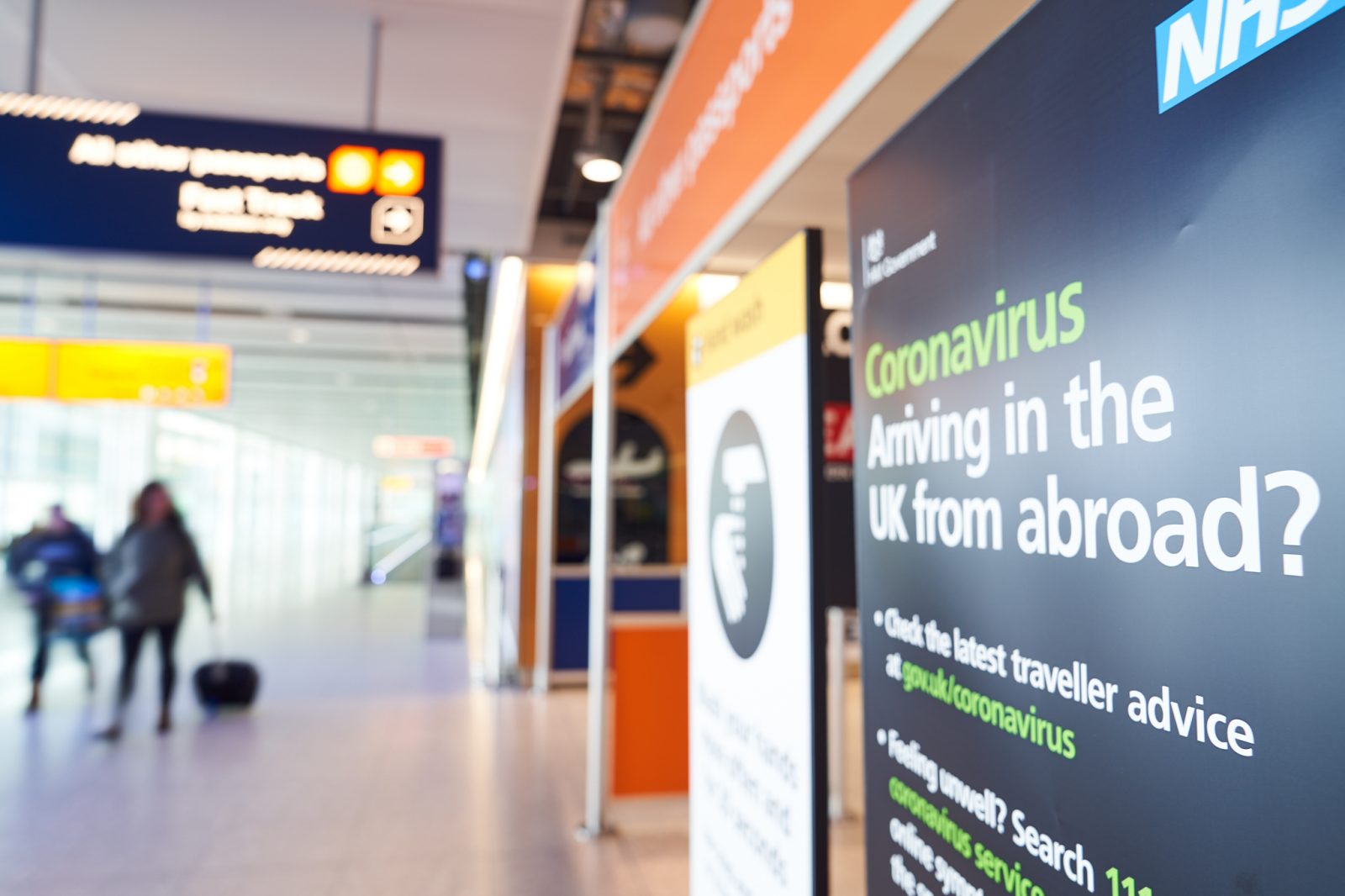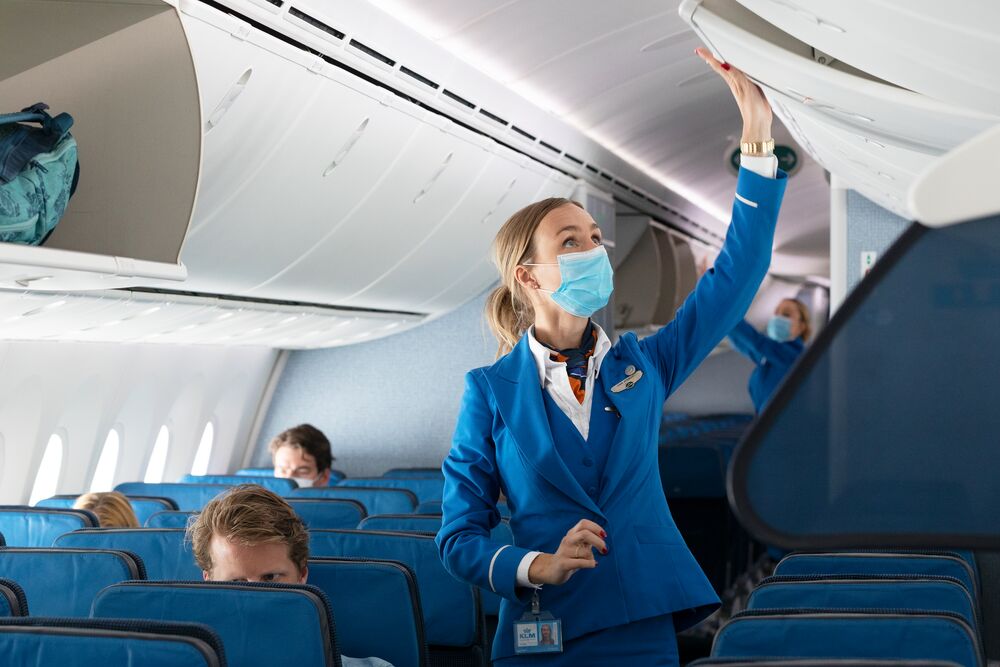
The European Union’s Air Safety Agency (EASA) claims airline passengers account for less than 1 per cent of detected COVID-19 cases and should not be treated as high-risk just because they have travelled from a destination with a high prevalence of the novel Coronavirus. As a result, quarantine policies are unlikely to do much to prevent the spread of COVID-19 in countries where the virus is already endemic.
Aviation trade bodies and airlines have jumped on the findings which were jointly drawn up with the European Centre for Disease Prevention and Control and have demanded governments immediately drop draconian quarantine policies.

“These Guidelines unequivocally show quarantines to be essentially politically-driven, non-risk-based measures which bear no relation to what is actually needed to safeguard public health,” slammed Olivier Jankovec, director general of Airports Council International Europe
“We call on national governments to immediately abolish their quarantine restrictions and restore freedom of movement for European citizens,” Jankovec continued.
The International Air Transport Association (IATA), a trade body that represents 290 airlines, backed up those calls to abolish quarantine restrictions, instead arguing that rapid pre-departure testing would be a far more effective way to reduce the risk of airline passengers spreading COVID-19.
Rafael Schvartzman, IATA’s regional vice president for Europe said research conducted by the organisation found that the vast majority of people wouldn’t travel if quarantine restrictions were in place, while 65 per cent of people agreed that quarantine shouldn’t apply to travellers who have tested negative to COVID-19.
A number of airlines, including Lufthansa, Austrian Airlines and United are trialling rapid tests that can be taken just before departure and return results in less than 30 minutes. Thomas Reynaert, managing director for Airlines for Europe (A4E) said the latest batch of rapid tests met the high sensitivity criteria demanded by European health bodies and could “reignite passenger confidence” in the safety of air travel.
The report from the European Air Safety Agency says: “Travellers should not be considered as a high-risk population, nor treated as contacts of COVID-19 cases, unless they have been in known contact with a confirmed positive case.”
In countries where COVID-19 is endemic, quarantining huge numbers of air passengers who haven’t had any close contact with a confirmed case would do little to prevent the spread of the virus the study found. The report does, however, acknowledge that quarantine is a very useful tool for countries that have effectively suppressed local transmission so that it is almost non-existent – such as in Australia, New Zealand and Taiwan.
A recent study commissioned by several major airlines found that quarantine policies in countries that allow travellers to self-isolate at home are the least effective way to prevent airline passengers from spreading COVID-19. The research from Oxera and Edge Health concluded that many travellers simply break quarantine restrictions if they’re told to self-isolate for 14-days.
But a much shorter three day quarantine period, followed by a COVID-19 test could reduce the risk of community transmission by as much as 60 per cent.
European air traffic has been amongst the worst hit by the pandemic with passenger numbers recently plunging by 89 per cent year on year.
Mateusz Maszczynski honed his skills as an international flight attendant at the most prominent airline in the Middle East and has been flying ever since... most recently for a well known European airline. Matt is passionate about the aviation industry and has become an expert in passenger experience and human-centric stories. Always keeping an ear close to the ground, Matt's industry insights, analysis and news coverage is frequently relied upon by some of the biggest names in journalism.







